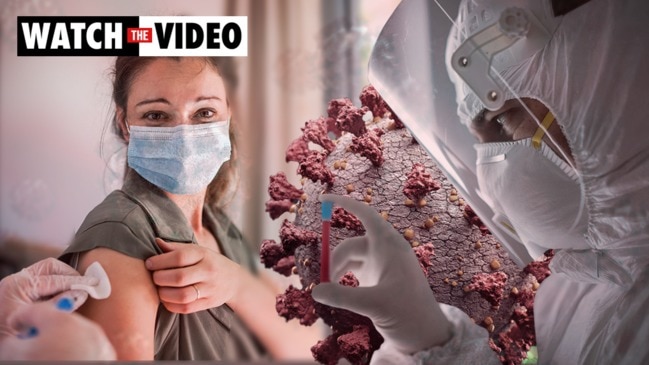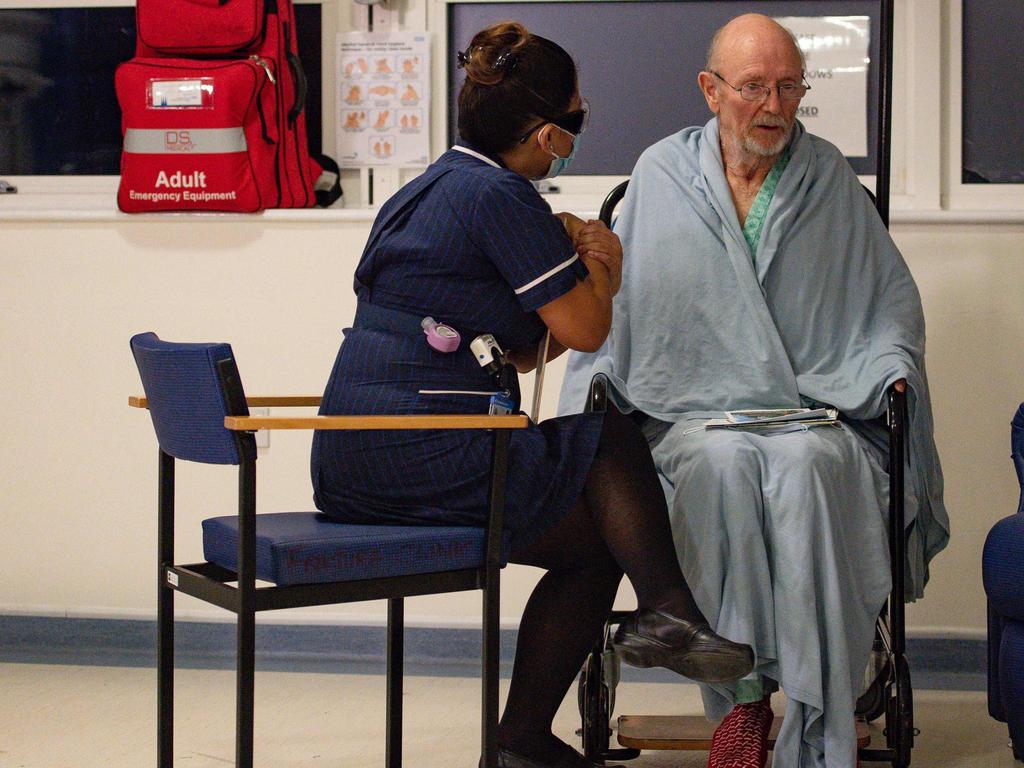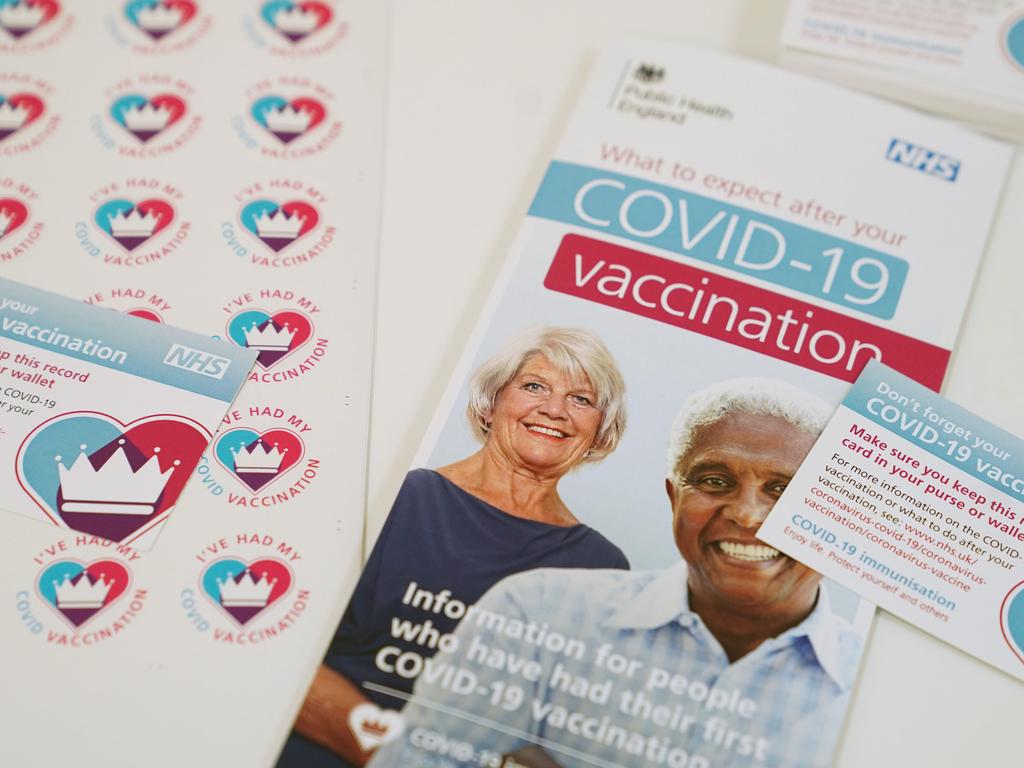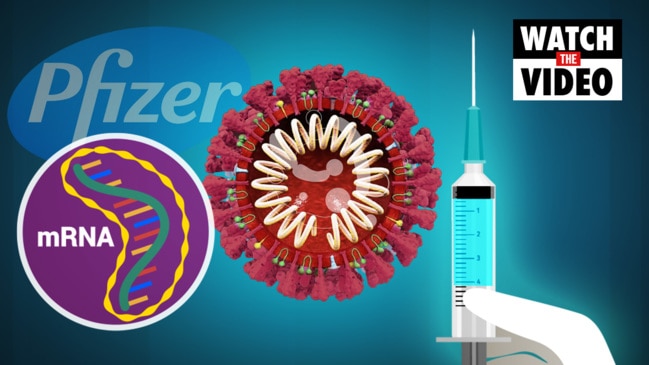Wealthy countries slammed for 'snatching up’ global vaccine supply
Certain countries have been blamed for “snatching up” more than their share of vaccine supply, as the race to end the pandemic kicks into gear.

Medical charity Médecins Sans Frontières (MSF) has called out wealthy countries for “snatching up” the global vaccine supply and wants companies behind them to share data to allow others to produce the lifesaving solutions.
As the UK celebrates vaccinating its first group of vulnerable people against COVID-19, executive co-director of MSF’s access campaign, Dr Sidney Wong, warned production of the jabs made by Pfizer/BioNTech and Moderna need to be scaled up with more companies able to make the vaccine in order for it to be effectively deployed.
“While the world waits with bated breath for the possible approval of these COVID-19 vaccines, it’s not time to celebrate yet,” he said.
“Right now, we’re in a situation where a lion’s share of the limited number of first doses have already been snatched up by a handful of countries like the US and UK, as well as the EU, leaving very little for other countries in the short term.
“What we really want to see is a rapid expansion of the overall global supply, so there are more vaccines to go around and doses can be allocated according to WHO’s public health criteria, not a country’s ability to pay.”
RELATED: How virus could ‘fight back’ against vaccine
RELATED: Key differences between Moderna and Pfizer vaccines explained

RELATED: ‘America First’ for new vaccine
On Tuesday the UK began to roll out the first of around 800,000 doses of the Pfizer/BioNTech vaccine to those in vulnerable categories in a huge operation dubbed V-day.
Grandmother Margaret Keenan, 90, was the first to get the jab and said: “My advice to anyone offered the vaccine is to take it. If I can have it at 90 then you can have it too.”
“I feel so privileged to be the first person vaccinated against COVID-19.”
The moment brought UK Health Secretary Matt Hancock to tears and came as the government was also forced to draw up contingency plans that could see the vaccine flown in by military planes in the event of a no-deal Brexit.
“This simple act of vaccination is a tribute to scientific endeavour, to human ingenuity, and to the hard work of so many people,” he said.
“Today marks the start of the fightback against our common enemy, coronavirus, and while today is a day to celebrate there is much work to be done.”
While Britain remains the only country to have approved a vaccine so far, competition for supply is set to get fierce as more countries move to do so.
Many countries including Australia and the UK have committed to joining the COVAX facility run by GAVI, the world's vaccine alliance, however wealthy nations are also negotiating separate deals that diminish the overall pool available for equitable distribution.
RELATED: Photo exposes COVID failings


MSF said supply restrictions have been “artificially produced” by a system that allows pharmaceutical giants to decide who makes the vaccine itself.
The charity wants companies to commit to sharing their patents, technology and know-how to allow others to do the same. So far, Moderna has said it will not enforce patents during the pandemic. British-Swiss pharma giant AstraZeneca has indicated it will make its vaccine, developed in collaboration with Oxford University, available at cost price during the course of the pandemic, however that jab has not yet been approved by regulators.
MSF also warned companies have a duty to be transparent about their costs, particularly given they have received millions of investment from public funds.
Policy Advisor for MSF’s Access Campaign, Dana Gill, said by keeping critical information like the costs of research and development and trials hidden from the public, companies are “shirking” their responsibilities.
“The public has a right to know. Without transparency, the public cannot assess fair pricing and governments cannot negotiate lower prices based on true costs. Pfizer and Moderna should set a new example of accountability and open their books. No company should be allowed to profiteer off the back of this pandemic.”
Earlier this month, the United Nations Children’s director Henrietta Fore said the COVID-19 pandemic has been the first “truly global” crisis the world has faced and called for equitable distribution.
“As we begin to imagine a day when COVID-19 is behind us, our guiding principle must be that the light at the end of the tunnel needs to shine for all,” she said, saying the COVAX facility is the best way to ensure equitable distribution.
“This would not only be fundamentally unfair, it would be unwise. The whole world will remain vulnerable to the virus until countries with the weakest health systems are protected from it as well.”




